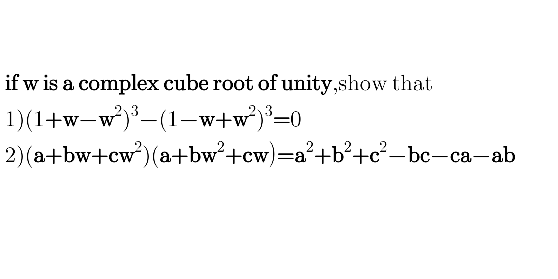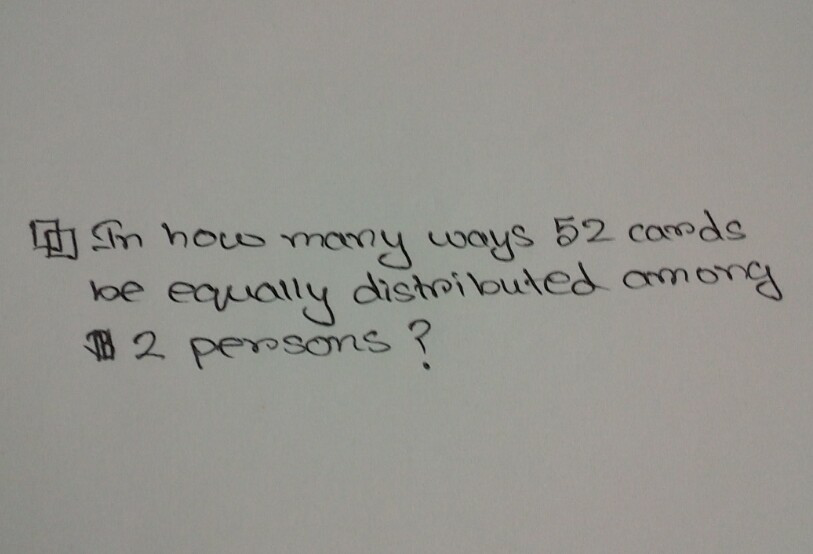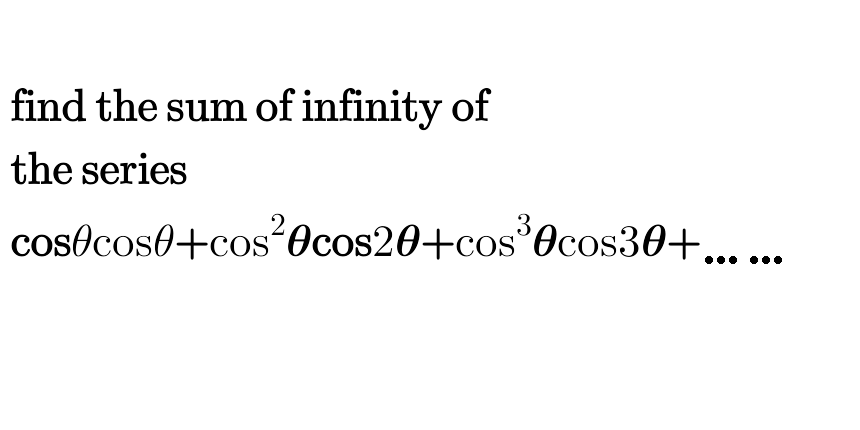
AllQuestion and Answers: Page 1635
Question Number 46180 Answers: 0 Comments: 3

Question Number 46172 Answers: 1 Comments: 0

Question Number 46171 Answers: 0 Comments: 1
$${find}\:\int\:\:\:\:\frac{{dx}}{\sqrt{{x}}+\sqrt{{x}+\mathrm{1}}\:+\sqrt{{x}+\mathrm{2}}} \\ $$
Question Number 46168 Answers: 2 Comments: 0

Question Number 46157 Answers: 1 Comments: 0
Question Number 46156 Answers: 1 Comments: 0

Question Number 46146 Answers: 0 Comments: 3

Question Number 46144 Answers: 0 Comments: 0
Question Number 46143 Answers: 1 Comments: 0

Question Number 46139 Answers: 2 Comments: 1
Question Number 46136 Answers: 1 Comments: 0

Question Number 46121 Answers: 0 Comments: 1

Question Number 46129 Answers: 0 Comments: 4

Question Number 46110 Answers: 1 Comments: 2

Question Number 46103 Answers: 1 Comments: 3
Question Number 46101 Answers: 1 Comments: 0
Question Number 46095 Answers: 1 Comments: 0

Question Number 46091 Answers: 1 Comments: 1

Question Number 46088 Answers: 1 Comments: 0

Question Number 46087 Answers: 1 Comments: 0
Question Number 46085 Answers: 1 Comments: 2

Question Number 46084 Answers: 1 Comments: 1

Question Number 46083 Answers: 1 Comments: 0

Question Number 46060 Answers: 1 Comments: 0
Question Number 46045 Answers: 1 Comments: 0
Question Number 46042 Answers: 4 Comments: 10

Pg 1630 Pg 1631 Pg 1632 Pg 1633 Pg 1634 Pg 1635 Pg 1636 Pg 1637 Pg 1638 Pg 1639
